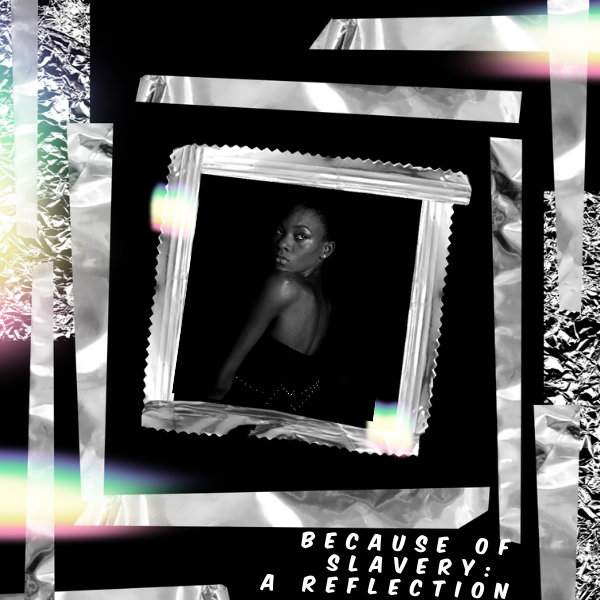As a Black person living in America, I have a fraught relationship with books about slavery. Most oppressive systems in America against Black people exist because of slavery. There is an episode of the Netflix show Black AF where you can get a crash course in why in less than 5 minutes.
Previously, I disliked reading books about slavery, but I find myself picking them up more often. I have been doing some self-reflection on why I avoided books about slavery for so long. I came up with several reasons.
Books about slavery are triggering
Slavery was traumatic for the millions of lives affected. You can’t expect people who have been through those horrors to just be ok. Reading about the atrocities of slavery and reliving the moment activates a feeling deep inside of me, one that seems connected to my ancestors.
Books about slavery triggers Post-Traumatic Slave Syndrome in me. PTSS is like PTSD, but it is a form of historical trauma passed down from generation to generation of people descendent of slaves. I first learned about this term from research I did for a class on trauma. I knew there had to be a theory out there to explain why the effects of slavery (which, in the grand scheme of things, was not that long ago) are still felt among black people (besides it being the foundation of like almost ALL our institutions today).
We still haven’t come to terms with slavery
Slavery, in the case of books like Beloved by Toni Morrison, literally haunted Black people. People who look like me have been systematically stripped of their humanity for longer than they have been free. Something we still see to this day through housing segregation, police brutality, and other institutionalized methods.
We can’t talk about it and not really talk about it. We still have no formal apology from a country who could do all of these things to other humans. I mean, how to you make reparations for a people who still haven’t quite gotten out of Hell?
Black Guilt
The second feeling is this tremendous sense of guilt. We hear often of White Guilt. I think I have Black Guilt as a Black person when it comes to slavery. I feel guilty for things outside of my control that happened so long ago that I am having a hard time coming to terms that I benefitted from slavery.
I feel like I have been privileged over the years that I don’t have the right to complain about struggle. I feel guilty because I don’t know what true suffering is. Because after all the strife Black people have gone through, building a country with their literal blood, sweat, and tears, I had the audacity to want to distance myself from blackness growing up.
This is not to say we should just stop talking about slavery as a society. If anything, we need to talk more about it. We need to counter the messages in the textbooks (that are still used today) conveying slaves as happy little savages grateful from being saved and tamed by the white man. A step to making amends for harm is to acknowledge the significance of the harm (and countering the narrative that slavery being good for the economy was justification enough to dehumanize other people).


